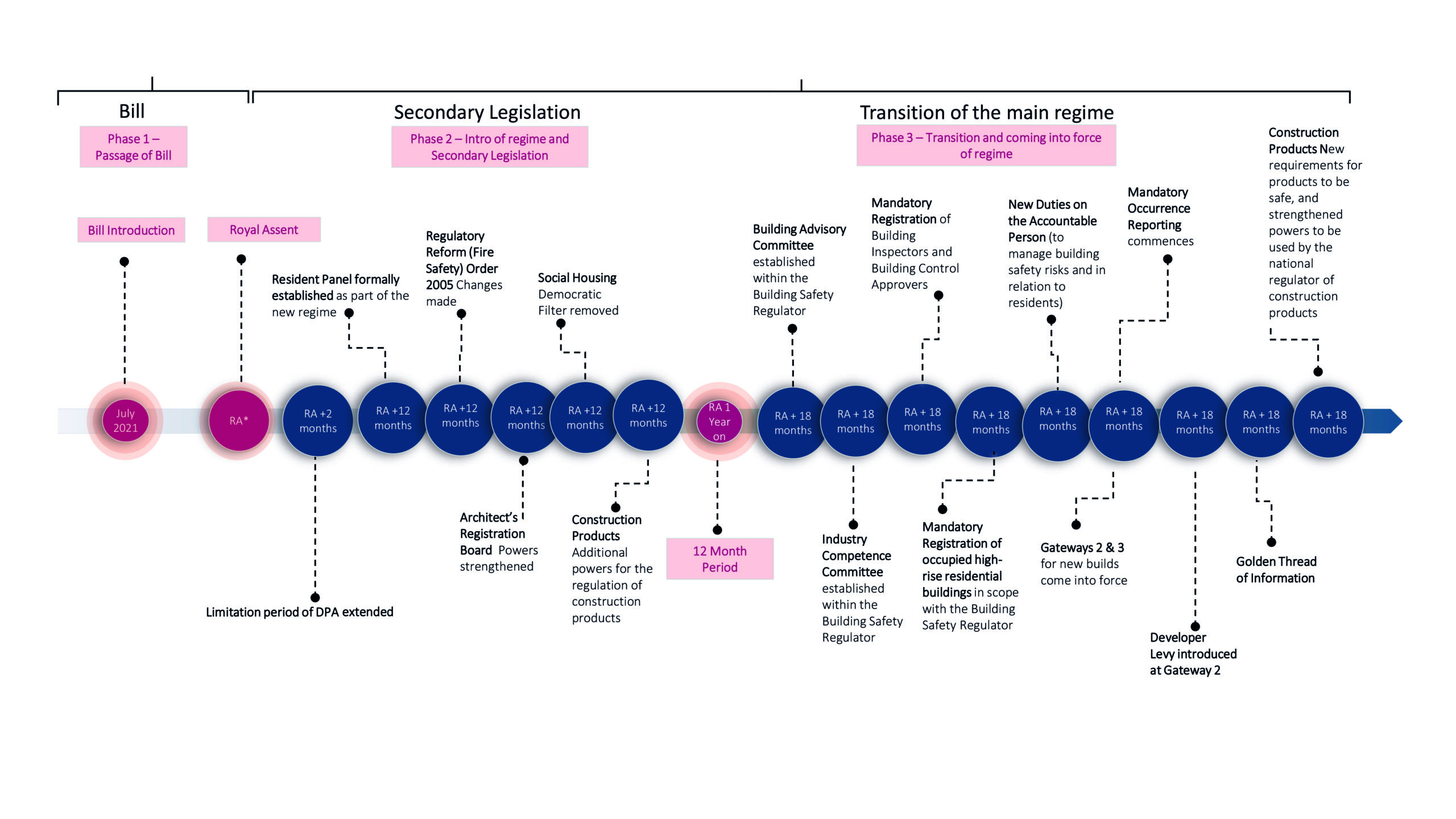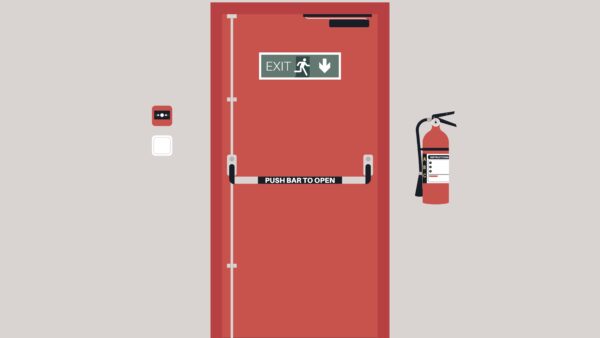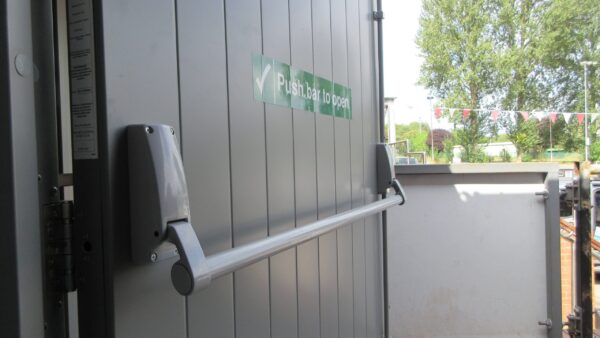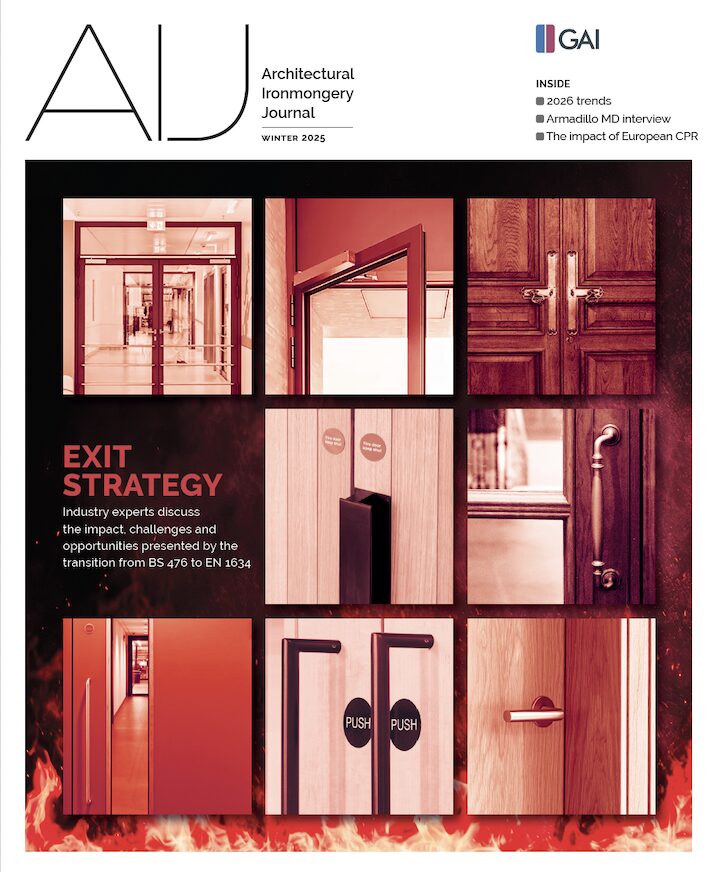
Following the Grenfell Tower tragedy, Dame Judith Hackitt’s Independent Review of Building Regulations and Fire Safety, (the Hackitt report) found that the regulatory system for high-rise and complex buildings was not fit for purpose. The UK Government has committed to implementing these recommendations which include new measures in the Building Safety Bill as well as additional changes to fire safety legislation in the Fire Safety Act 2021. Although the bill is limited to England, it is felt that the other devolved nations in the UK will adopt their own versions to tighten up on building safety requirements UK-wide.
Whilst there are many aspects to this Bill, the following are some elements which are most relevant to our sector:
New construction products regime
The Building Safety Bill will create powers to strengthen the regulation of construction products placed on the UK market to ensure that all products are covered by a regulatory regime. Regulations made under these powers will introduce a new requirement for construction products to be safe, in line with the existing approach for consumer products. The UK Government will also create new requirements for products that are ‘safety critical’, where their failure could cause death or serious injury to people. Manufacturers of these products will be required to declare their performance, put in place factory production controls to ensure that products consistently perform in line with this declaration and to correct, withdraw and recall products that don’t comply with this or that present a risk. This is of huge importance to our industry as these products will be treated in a similar manner to those under the scope of existing harmonised standards, requiring third party testing and conformity marking.
The GAI has now polled its membership to see which products members feel should be deemed as safety critical products and have compiled a list which will be forwarded on to the UK Government and other bodies such as CPA and BSI in due course.
Competence
An increase in levels of competence across the sector will also be at the heart of the Bill as it makes provision for regulations regarding the competence of those involved in work that needs to comply with building regulations. In addition to the publication of the new British Standard Flex 8670, the BSI is in the process of creating new standards which will hugely impact three key roles including Principal Designer (PAS 8671), Principal Contractor (PAS 8672) and Building Safety Manager (PAS 8673). The GAI is directly involved in the creation and review of each of these standards.
The GAI is also involved in a number of steering groups focused on improving competency of wider construction professionals specifying building products. The most recent appointment in this arena is GAI appointment to a sub-committee of the Interim Industry Competence Committee (IICC) which has been set up to provide strategic leadership and oversight of industry’s work to facilitate improvement of competence in the built environment industry. The role of this sub-committee will be to establish a baseline for competence through research of existing industry schemes and providing a gap analysis thereof to HSE.
As GAI technical manager I currently act as co-chair of the Competence Steering Group’s Working Group 12 for construction products and am helping to steer the introduction of a new Construction Product Competence Framework for industry which will be further developed for the ironmongery industry. I am also part of Working Group 7 and the PAS 8671 standard steering group. Within this the GAI will be representing the building products sector to help shape the competency frameworks for those working with fire safety products including principal designers, architects and engineers.
Golden Thread of information
The Bill will require those designing and constructing higher-risk buildings to develop a golden thread of information. This will be to ensure the information is accessible, accurate, up to date, transferable, secure and has longevity. The usage of Building Information Management (BIM) can be seen as a way of assisting in this process.
The GAI has created 35 BIM Product Data Templates (PDTs) for door hardware and seals which will assist manufacturers to create their own Product Data Sheets, and therefore assist with the provision of structured data. In addition to this I am currently chair of the shadow BIM Fenestration Relevant Authority which is working on a number of other sector PDTs including doorsets and window hardware, working jointly with Glass and Glazing Federation.
The Building Safety Bill will have huge repercussions on the construction industry. These reforms will tackle bad practice head on, building on Dame Judith Hackitt’s findings which highlighted a need for significant cultural and regulatory change across the entire UK construction sector. The GAI is proud to play its part by contributing greatly as representatives of the construction product sector in a number of key areas.








